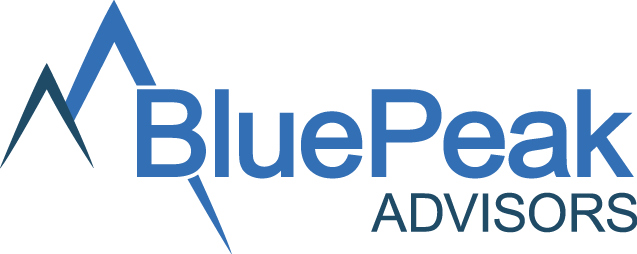
As we are begin the last quarter of 2021, Plans are thinking about readiness for January 1st. Below are just a couple of the areas that BluePeak suggests plans look at prior to the end of this year.
-
Check-off the CMS Readiness Checklist
Each year CMS issues a Readiness Checklist for organizations to use in preparation for the upcoming year. This readiness checklist covers all aspects of your organization. This process is to help CMS and the plan have a better understanding of your organization’s readiness. This process can be cumbersome and needs buy-in from all departments and a team to coordinate and complete this assessment. Although it is a busy time of year, it is important to thoroughly review this checklist. Typically, the Readiness Checklist provides great insight into topics CMS will be focused on. Your CMS Regional Account Manager will have a conversation with you around your readiness.
-
Review Your Annual CPE Assessment Status
Audits of the compliance program should occur at least annually to evaluate the sponsor’s performance with adopting and implementing an effective compliance program to prevent, detect and correct Medicare Parts C or D program non-compliance and fraud, waste and abuse (FWA). Have you completed your CPE audit for this year? If not, there is still (a little!) time to perform your CPE audit this year!If you have completed your CPE audit for 2021 it is not too early to plan for 2022. As you develop your annual Risk Assessment, consider the timing for your mock audits and whether you are on track with remediation from your CPE mock. BluePeak is already booking mock audits for 2022!
-
Call on Your Call Center
The call center is an essential part of your organization year-round, but particularly during AEP and the start of a new plan year. It can be the first experience your members have with your plan and a Plan’s first line of defense in detecting issues. It is important that the call center understand what changes are occurring in the new plan year and know how to escalate complaints, concerns or trended questions that may indicate member confusion, problems with benefit administration, network adequacy issues, and/or marketing misconduct.CMS requires that compliance demonstrate oversight of your call center to ensure that calls are being classified properly, such as grievances, coverage determination or inquiries. Part of that evaluation is identifying if your call center is staffed to handle calls with an increase in membership. When was the last time you reviewed call logs to determine any issues such as, misclassified calls? Review of call logs can tell you a lot about what your members are experiencing. Listening to calls is another great way to understand challenges and to create a feedback loop with customer service agents.
-
Make sure you are aware of significant regulatory changes coming for 2022:
- New for 1/01/22: Various changes required to be implemented on January 1, 2022 by CMS-4190-F2, including:
- Mandatory Drug Management Programs (DMPs)
- New clinical guidelines to identify potential at-risk beneficiaries (PARBs)
- Requires MA plans to provide information on the safe disposal of prescription drugs when furnishing an in-home health risk assessment
- Requires beneficiary education on opioid risks and alternative treatments
- Changes to eligibility for Medication Therapy Management (MTM) Programs (must automatically enroll all at-risk beneficiaries into the MTM program on opt-out only basis, etc.)
- Automatic escalation to external review by the IRE under a Part D DMP for affirmed denials
- Plans must notify CMS seven calendar days prior to implementing a pharmacy payment suspension based on a credible allegation of fraud
- Requires submission of new reports on a quarterly basis in new Program Integrity Portal in HPMS
- Ability to add a second “Preferred” specialty tier
- Mandatory Drug Management Programs (DMPs)
- New for 1/01/22: Secure Electronic Prior Authorization for Part D required to be implemented on January 1, 2022 by CMS-4189-F
- Delayed: CMS announced it is exercising enforcement discretion for the Payer-to-Payer Data Exchange API (originally required to be implemented on January 1, 2022 under the Interoperability and Patient Access final rule (CMS-9115-F)). This means this Payer-to-Payer Data Exchange API need not be implemented until CMS issues further rulemaking on the matter, which will likely include technical specifications to specify how the Payer-to-Payer Data Exchange API implementation should work. The Patient Access and Provider Directory APIs, which CMS began enforcing effective July 1, 2021, are not impacted by this enforcement discretion.
- New for 1/01/22: Various changes required to be implemented on January 1, 2022 by CMS-4190-F2, including:
